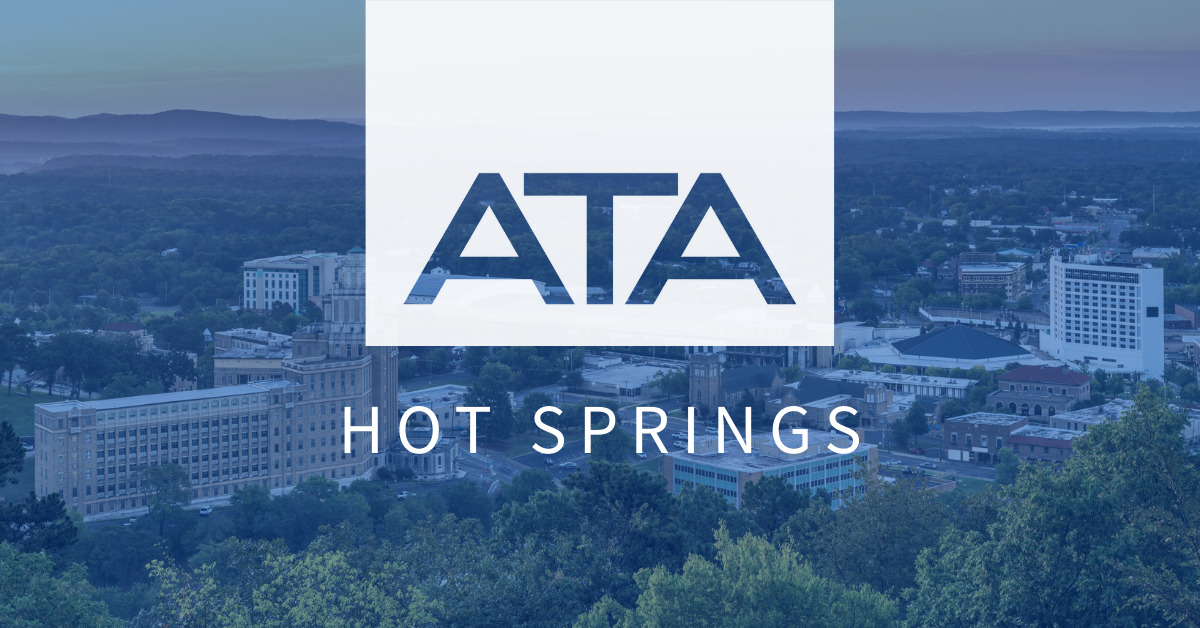The COVID-19 pandemic has led to an increase in online banking; however, the transition to virtual banking was already well underway. As community banks look to the future, they need to re-imagine branch banking for the digital age. This means strengthening what’s working and getting rid of what isn’t. Direct banking at branches can still be vital to community banks’ financial health as long as they measure branch performance and correct as necessary.
Customer location
A significant challenge in measuring branch performance is assigning customers to particular locations. Traditional measures (such as new accounts opened or teller activity) no longer suffice. Just because a customer opened an account at a branch doesn’t necessarily mean that account should count toward the branch’s performance.
What if the customer relocated? What if he or she uses more than one branch? What if the customer does everything online and doesn’t visit branches at all? There are no easy answers to these questions. To get an accurate picture of branch performance, banks need to develop models that better reflect a branch’s interactions with customers and its contribution to the bank’s overall performance.
Measurement strategies
Some banks are developing point systems to measure the value of products sold, customer service and retention. For example, core accounts like checking accounts generally are more valuable than CDs, which often constitute “hot money” — that is, funds frequently transferred between financial institutions in an attempt to maximize returns. The analysis might be different, however, if a checking account has a small average monthly balance or if a CD has a relatively long term.
For services, one set of point values might be assigned to transaction processing — such as cashing checks or accepting deposits — with higher values assigned to loans or consultative services.
According to financial services technology provider Fiserv, customers with one banking product stay with a bank around 18 months on average. The average relationship increases to four years for customers with two products and to almost seven years for customers with three products. So, branches with more customers purchasing multiple products tend to contribute more value, and transfers of funds among branches affect branch profitability.
Differences in markets
Too often, banks’ business development plans fail to reflect the differences among their branches’ local markets, which can be dramatic. Many simply allocate their budgets uniformly among locations and demand that each branch achieve similar profitability and growth goals.
There are two problems with this approach. First, it establishes unachievable goals for branches in some markets, while allowing other locations to coast. Second, it may cause a bank to miss opportunities to enhance branch performance.
A better approach is to benchmark the bank’s performance against that of its peers. After identifying areas in which performance is falling short, the bank can examine individual branches, analyze their local markets and develop strategies for enhancing performance.
It’s important to analyze each branch’s current customer base as well as the various commercial and consumer segments that make up its local market. Armed with this information, you can develop marketing strategies that make the most of each location’s unique profitability and growth opportunities.
For example, a branch in an area with a lot of high-income consumers might target those consumers and also focus on cross-selling to existing customers. (Of course, it’s important to keep in mind fair lending exposure and Community Reinvestment Act considerations.) As noted above, providing multiple products to customers improves retention rates. On the commercial side, analyzing local markets may reveal opportunities to serve previously untapped commercial sectors or business niches.
Analysis and measurement are key
Your community bank will thrive if its branches thrive. Understanding your local customers and their banking preferences has never been more challenging — or more important. Closing branches if they’re no longer profitable is one solution, but developing them in ways that make them more useful to customers might be the best strategy over the long run.
© 2022






